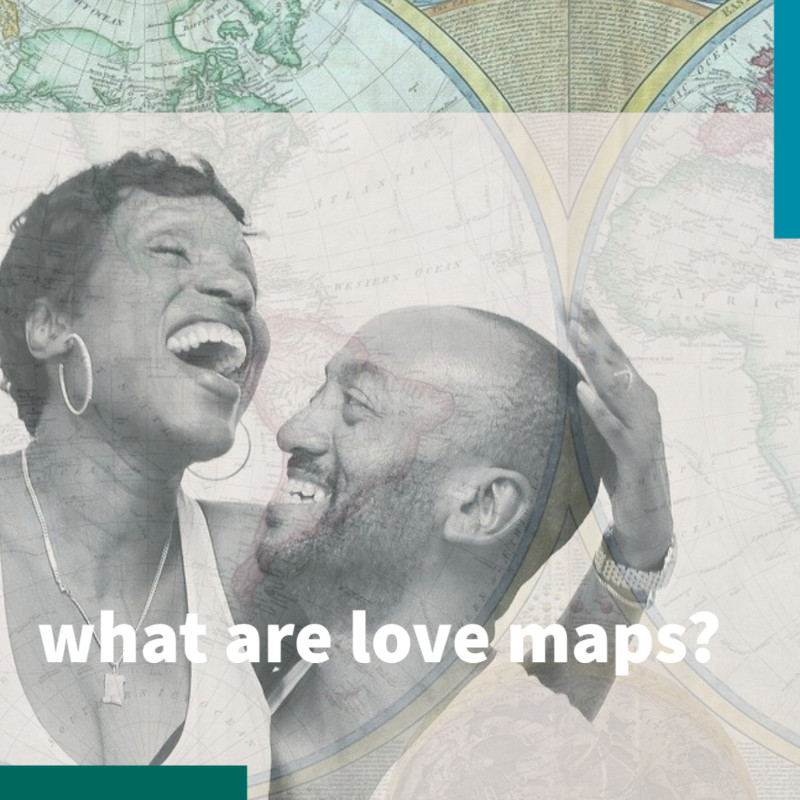

Don’t Wait to Get Help for Anger Management: Here’s Why
by Counseling and Wellness Center of PittsburghFebruary 28, 2021 anger, anger management, anger management counseling0 comments
Do you remember the last time you felt angry? Perhaps you were peeved that your kid left a sliver of milk in the jug and didn’t add it to the grocery list. Maybe a truck cut you off at the freeway entrance, and you muttered obscenities. Or maybe it’s hard to look back at the last time, because you punched a hole in the wall.
We All Get Angry
Though sometimes unpleasant, anger comprises a...Learn More
The Top 7 Reasons to Seek Marriage Counseling
by Counseling and Wellness Center of PittsburghFebruary 12, 2021 healthy relationships, marriage counseling, marriage counseling monroeville, marriage counseling near me, marriage counseling pittsburgh, marriage counseling south hills, marriage counseling wexford0 comments
Many predict that divorce will be at an all-time high during the time of COVID-19 quarantine.
One relationship therapist emailed a survey to over 700 clients and found that thirty-one percent of respondents claimed the quarantine had hurt their relationship. With record amounts of time spent together in close quarters, it may feel like there’s no escape for a married couple, especially with...Learn More
